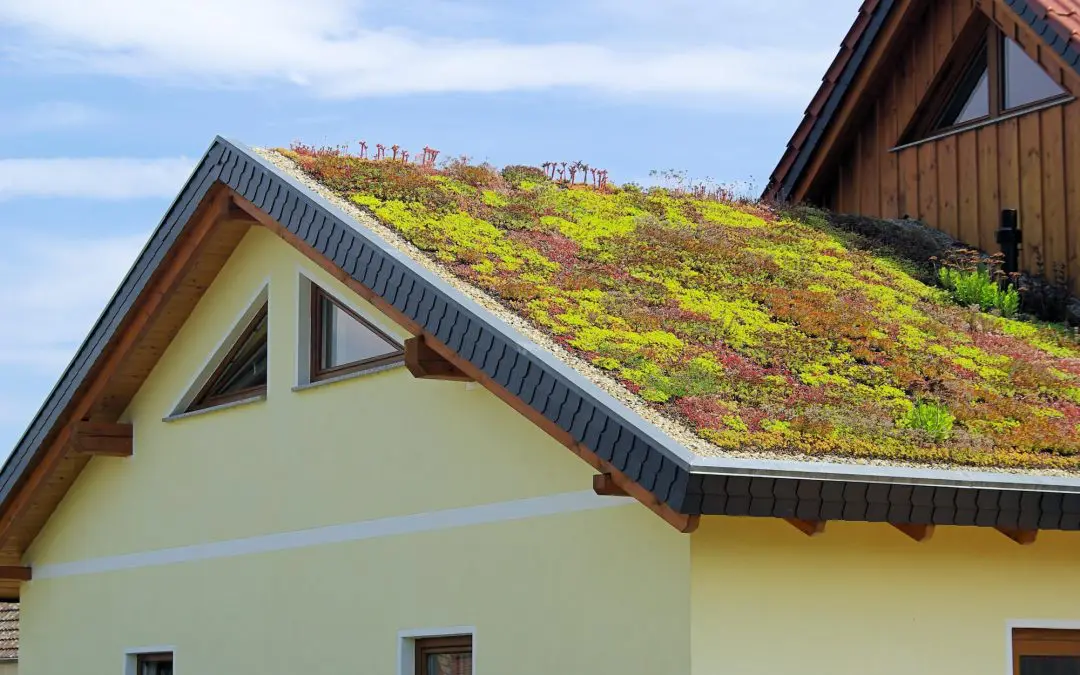As environmental awareness grows, homeowners are increasingly interested in eco-friendly home improvements. These upgrades reduce your carbon footprint and can lead to significant cost savings over time. This blog explores several eco-friendly home improvements that can make your home more sustainable and energy-efficient.
Energy-Efficient Windows and Insulation
One of the most effective ways to make your home eco-friendly is by improving its insulation. Upgrading to energy-efficient windows and adding insulation to walls, roofs, and floors can significantly reduce energy consumption. Double—or triple-glazed windows with low-emissivity coatings help keep the heat in during winter and out during summer, reducing the need for heating and cooling.
Solar Panels and Renewable Energy
Installing solar panels is a popular eco-friendly improvement. Solar energy reduces reliance on fossil fuels and can lower electricity bills. In many regions, homeowners can benefit from government incentives and rebates for installing solar panels. Depending on your location and climate, consider integrating other renewable energy sources like wind turbines or geothermal heating systems.
Sustainable Building Materials for Eco-Friendly Home Improvements
When renovating or building, choose sustainable materials. Bamboo, reclaimed wood, and recycled steel are excellent alternatives to traditional materials. These options reduce environmental impact and add unique aesthetic elements to your home. For flooring, consider options like cork or recycled tiles, which are durable and eco-friendly.
Water Conservation
Water-saving fixtures and appliances are crucial for reducing water usage. Low-flow toilets, faucets, and showerheads use significantly less water without compromising performance. Consider installing a rainwater harvesting system to collect and reuse rainwater for irrigation and other non-potable uses. Xeriscaping, or landscaping with drought-resistant plants, is another effective way to conserve water.
Energy-Efficient Appliances
Upgrading to energy-efficient appliances is a straightforward way to reduce your home’s energy consumption. Look for appliances with the ENERGY STAR label, which meet strict energy efficiency guidelines. Modern refrigerators, dishwashers, washing machines, and dryers use less energy and water, helping to lower utility bills and reduce environmental impact.
Smart Home Technology and Eco-Friendly Home Improvements
Incorporating smart home technology can further enhance your home’s eco-friendliness. Smart thermostats, lighting systems, and power strips allow for precise control over energy usage. These devices can be programmed to optimize energy consumption, such as adjusting the thermostat when no one is home or turning off lights automatically.
Green Roofs and Living Walls
Green roofs and living walls are innovative ways to improve insulation and reduce the urban heat island effect. Green roofs are covered with vegetation, which helps regulate building temperatures, reduces rainwater runoff, and improves air quality. Similarly, living walls are vertical gardens installed indoors or outdoors, providing insulation and a natural aesthetic.
Eco-friendly home improvements are a wise investment for the environment and your wallet. These changes reduce your environmental impact and enhance the comfort and value of your home. As more homeowners adopt eco-friendly practices, we move closer to a greener, more sustainable future.
FAQs About Eco-Friendly Home Improvements
What are some lesser-known benefits of energy-efficient windows?
Beyond reducing energy bills, energy-efficient windows can enhance noise reduction, making your home quieter. They also protect interiors from UV damage, preserving furniture, flooring, and artwork. They can improve your home’s resale value due to increased energy efficiency.
How can I make my home office more eco-friendly?
To create a more eco-friendly home office, use energy-efficient lighting and equipment, such as ENERGY STAR-rated computers and printers. Incorporate sustainable furniture made from reclaimed or certified wood. Implementing a paperless system and using recycled materials can further reduce your environmental impact. Ensure good natural lighting and ventilation to create a healthy, productive workspace.
Can I install solar panels if my roof doesn’t get a lot of sunlight?
Yes, solar panels can still be effective, even with partial shading. Technologies like micro-inverters and power optimizers can maximize energy production in less-than-ideal conditions. Alternatively, you can consider ground-mounted solar panels if your roof is unsuitable.
How do I choose the right smart thermostat for my home?
When choosing a smart thermostat, consider compatibility with your HVAC system, ease of use, and the available features. Look for models that offer learning capabilities, remote control via smartphone apps, and energy usage reports. Compatibility with other smart home devices can also enhance overall home automation.
Home Inspectors of Columbus provides comprehensive professional inspections to homebuyers and sellers in the Chattahoochee Valley of Georgia. Contact us to request an appointment for our services.

